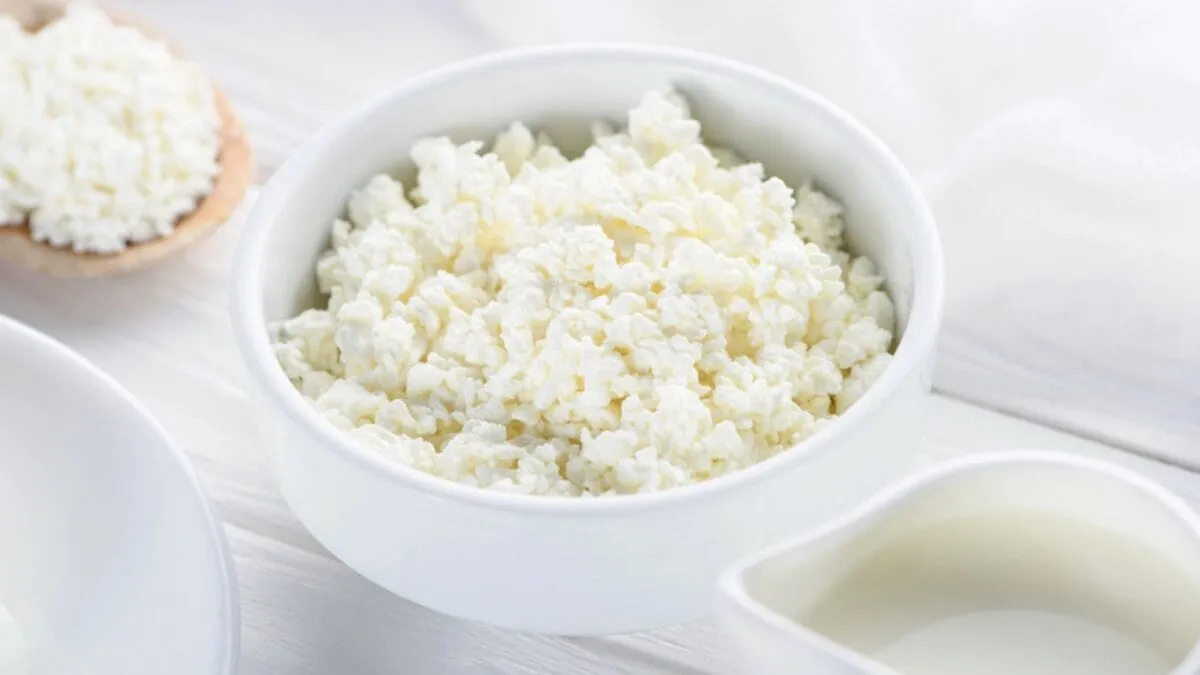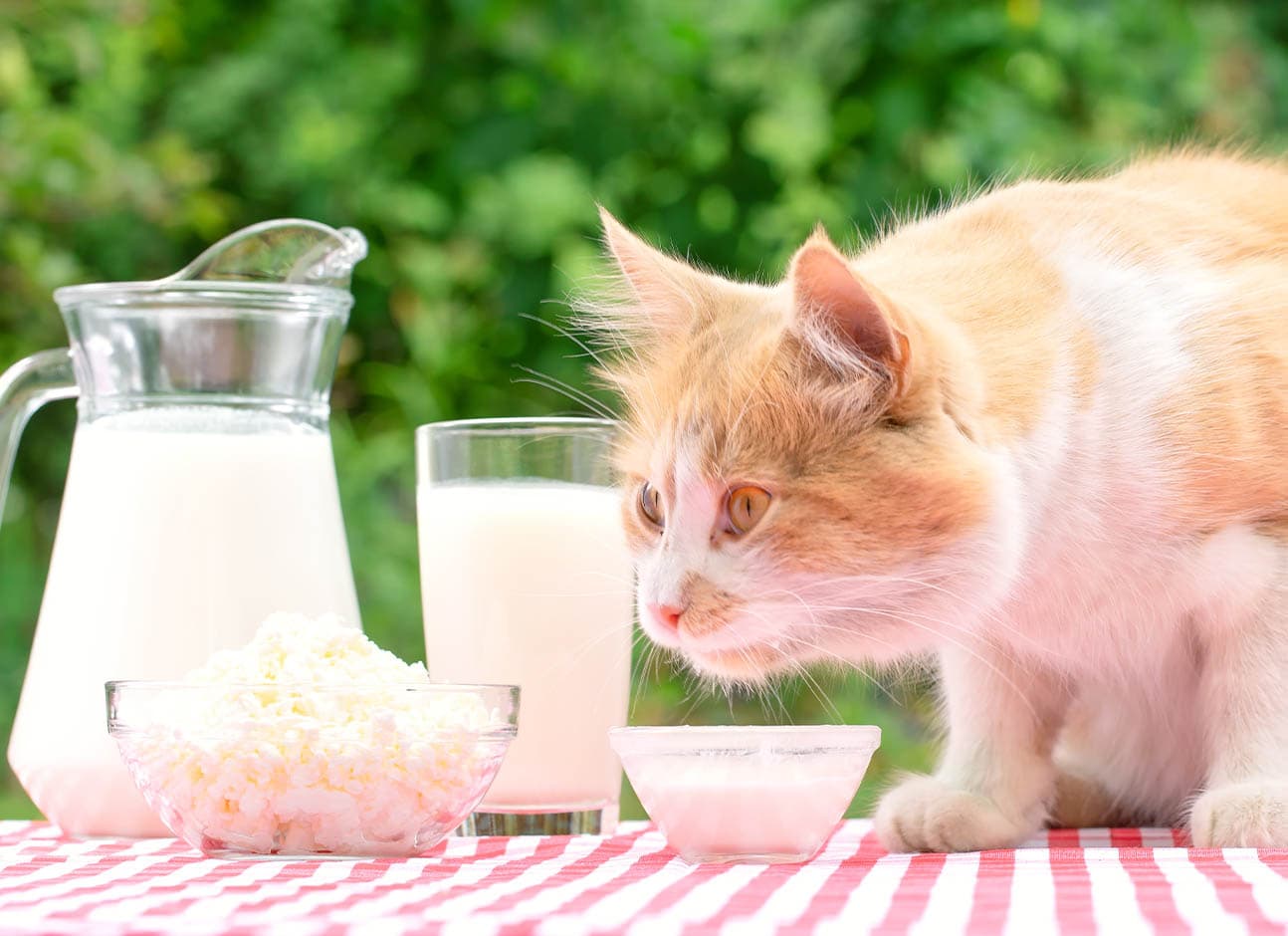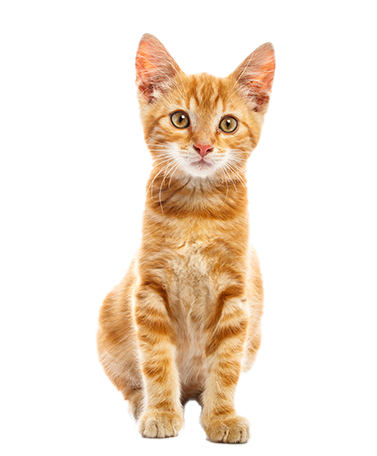Reviewed by Dr. Sarah Yosry
Updated on 11/22/2024
Reading time 3 min.
Overview
Severity: Low
Life stage: All
Cats are popular household pets all over the world. They are known for their playful and affectionate nature; many consider them part of their family. As a cat owner, you might have wondered what food you can give your furry friend. One food that might have crossed your mind is cottage cheese. In this article, we will answer whether cats can have cottage cheese.
What is Cottage Cheese?
Cottage cheese is a type of cheese made from the curds of cow’s milk. It is a fresh cheese that is not aged like other types of cheese. Cottage cheese has a creamy texture and a mild, slightly tangy taste. It is also low in fat and protein, making it a popular choice for people looking to lose weight or build muscle.
Can Cats Eat Cottage Cheese?
Yes, cats can eat cottage cheese, but only in moderation. Cottage cheese is not toxic to cats, and it can be a good source of protein for them. However, it is important to note that cottage cheese should not be a regular part of a cat’s diet.
Cottage cheese is high in lactose, which is a sugar that is found in milk. Like many other mammals, cats are lactose intolerant, which means they have difficulty digesting lactose. A cat eating too much lactose can cause digestive problems such as diarrhea, vomiting, and abdominal pain.
It is also important to note that cottage cheese is high in sodium, which can harm cats if they eat too much of it. High sodium levels can cause dehydration, electrolyte imbalances, and other health problems in cats.

How Much Cottage Cheese Can Cats Eat?
It should only be in small amounts if you want to feed your cat cottage cheese. A teaspoon or two of cottage cheese daily is safe for most cats. You can mix cottage cheese with your cat’s regular food to make it more appealing to them.
It is also important to monitor your cat’s reaction to cottage cheese.
If your cat shows any signs of digestive problems after eating cottage cheese, such as diarrhea or vomiting, you should stop feeding it to them.
Conclusion
In conclusion, cats can have cottage cheese as an occasional treat or supplement to their diet if given in moderation and under supervision. Cottage cheese is a good source of protein and calcium, which can provide numerous health benefits to cats. However, it should not be used as a substitute for their regular food, and any new food introduced to their diet should be done gradually to avoid digestive issues.
It is important to remember that every cat is unique and may have different nutritional needs and preferences. Therefore, it is recommended to consult with a veterinarian before making any significant changes to your cat’s diet or introducing new foods.
Need veterinary care at home? Visit our website to find out how you can easily call a veterinarian to your home for convenient, compassionate care for your pets.
Explore the forefront of veterinary care at Modern Vet Dubai. Visit our website to discover our innovative treatments and services designed to ensure the best health for your pets.
Share this, choose your platform!
Writen by
Dr. Sarah Yosry
DVM
A product of a rich Australian/Egyptian heritage, Dr. Sarah Yosry stands as a testament to the union of diverse cultures and a shared love for animals…


